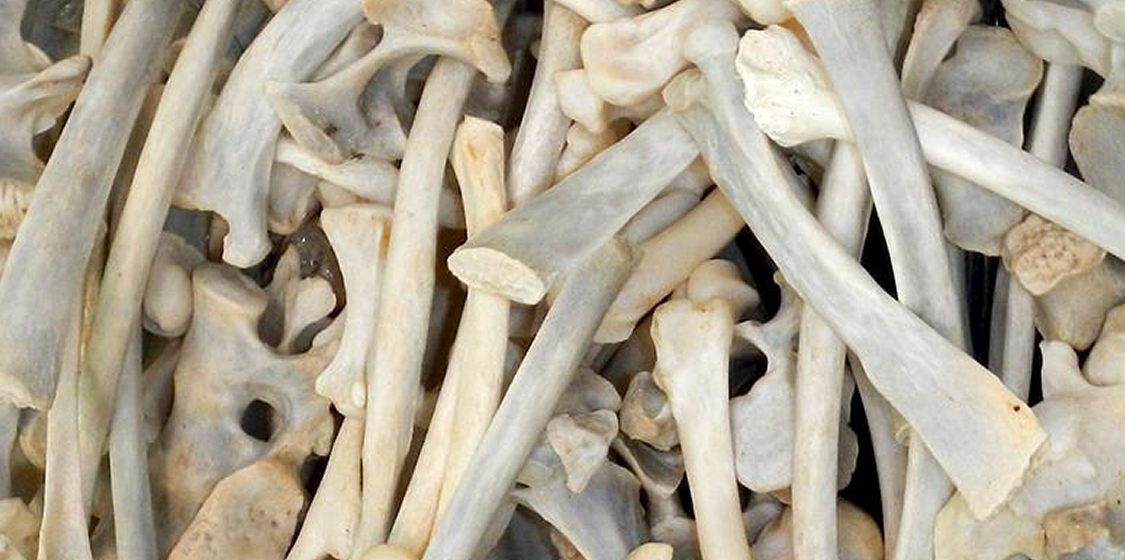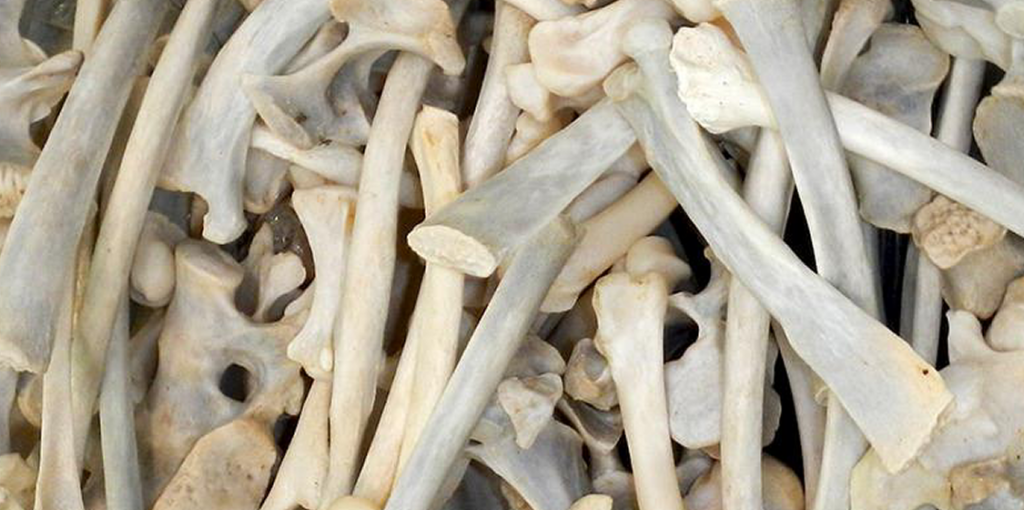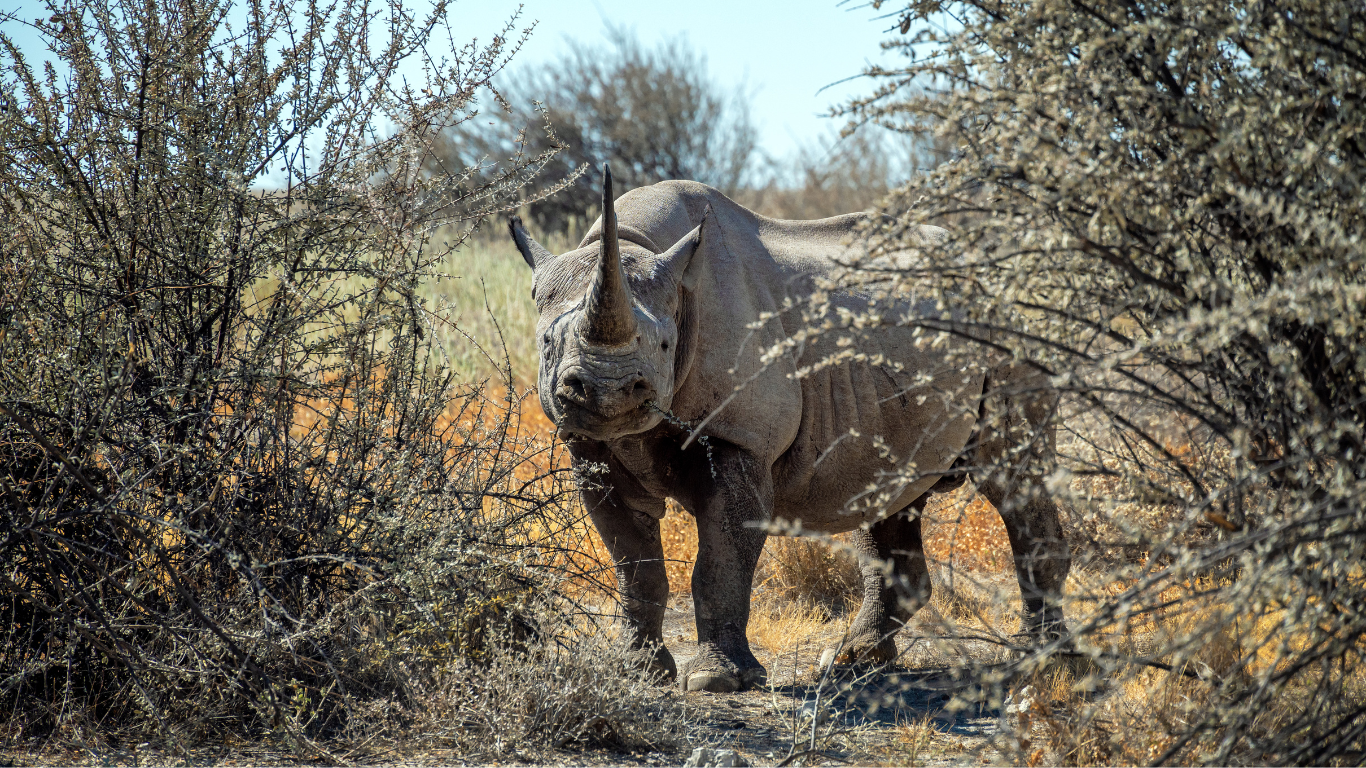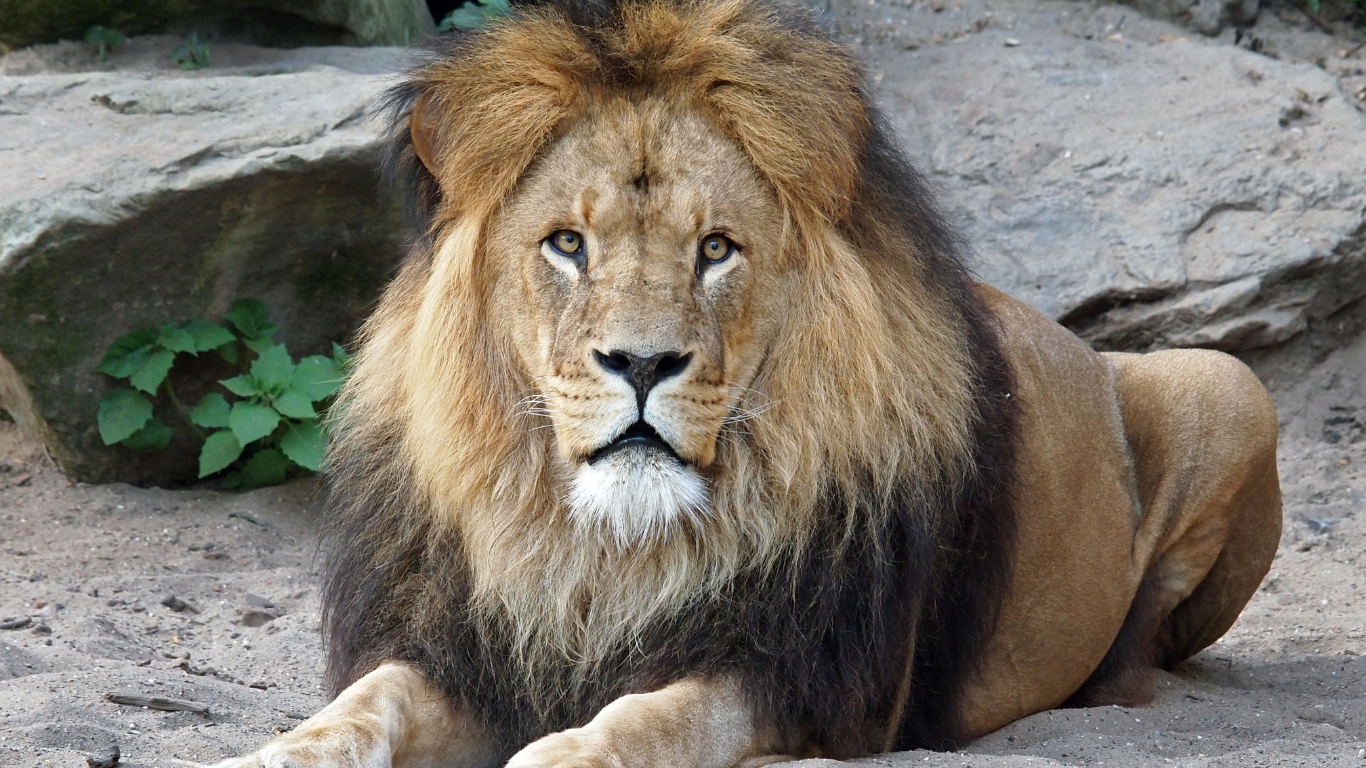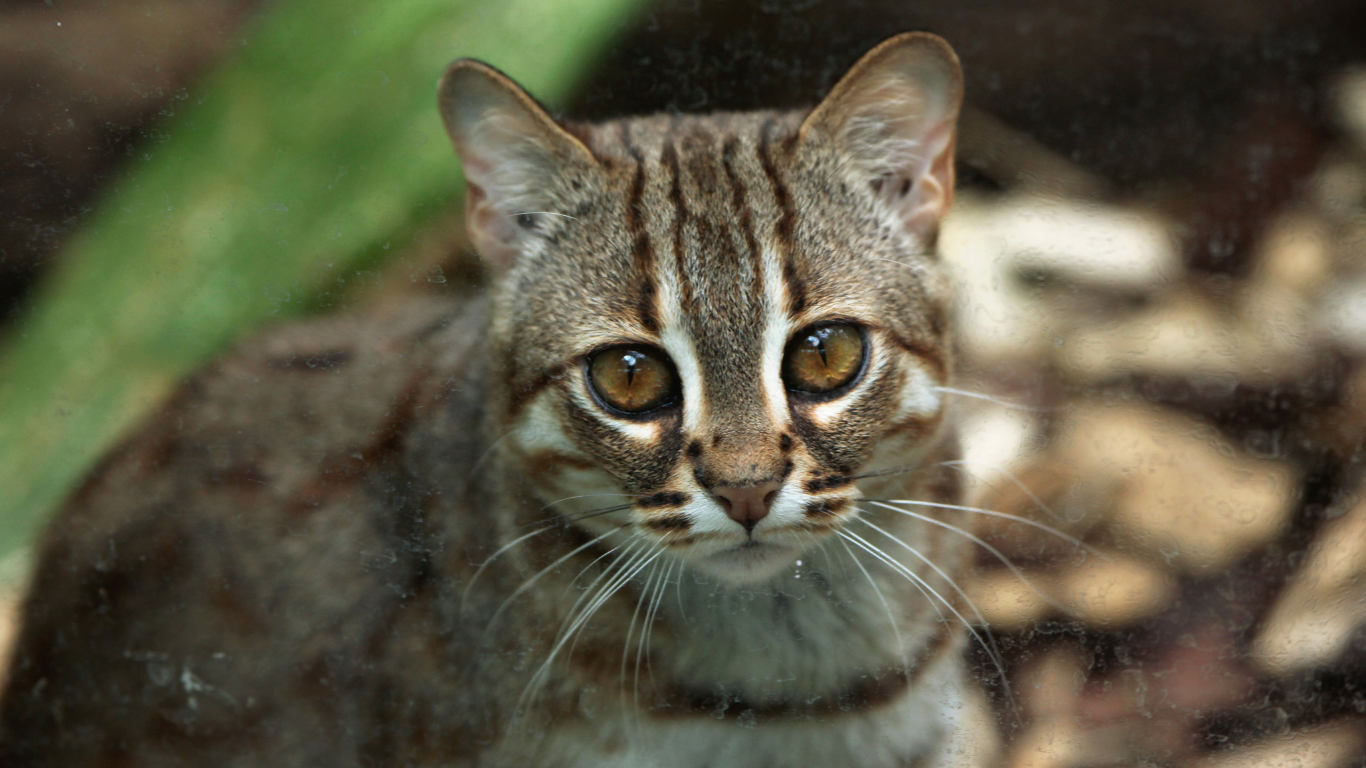The largest airline exporter of lion bones from South Africa to Southeast Asia will no longer support the trade in lion bones from captive-bred big cats.
Following a recent internal review, which took into account “increasing concerns around the world” regarding the lion bone industry, Singapore Airlines said it would discontinue the carriage of lion bones as cargo.
Singapore Airlines cargo manager for Africa and the Middle East, Adil Nunis, confirmed the company’s new position on the matter saying that “moving forward, Singapore Airlines will not allow the carriage of lion bone shipments on all flights”.
In South Africa, hundreds of captive bred lions are killed annually in “canned” lion hunts: the practice of keeping an animal in a confined area, thereby guaranteeing that a trophy hunter will be able to kill one. Recently, lion breeders have taken advantage of a growing market for lion bones which are used in “tiger bone wine”, a traditional Chinese medicine which is used for the “treatment” of bone or joint-related ailments such as arthritis. There is no scientific basis for this belief.
Even though the practice of breeding lions to kill them is legal in South Africa, it has become increasingly controversial and the subject of international criticism. A report released by the South African Institute of International Affairs claimed South Africa’s tourism brand value could be affected by as much as a R54-billion loss in revenue over the next decade, if the lion breeding industry is allowed to continue.
A recent parliamentary inquiry into the industry revealed a lack of regulations, enforcement and governance around the lion breeding industry.
Dr. Mark Jones of the Born Free Foundation, an international conservation and animal welfare organisation focused on wild animals said the captive lion breeding industry was associated with wildlife trafficking and directly linked to the increasing demand for and trade in donkey meat and skins, as well as rhino horn and derivatives.
“Growing international criticism of South Africa’s captive lion breeding industry demonstrates the effect that people can have on government policies and practices when they work together against animal cruelty and exploitation,” said Animal Survival International (formerly Political Animal Lobby) spokesman, David Barritt. “Our organisation strongly supports the movement by animal rights activists and organisations to shut down this industry that is a stain on South Africa’s reputation as a leader in the conservation of wild animals and natural landscapes.”
For more information on South Africa’s controversial captive lion breeding industry, please visit: https://conservationaction.co.za

